Studying abroad is an incredible opportunity, offering a mix of cultural immersion, world-class education, and personal growth. But among all the excitement, there’s one practical challenge every student faces—finding affordable accommodation abroad. Between tuition, flights, daily expenses, and leisure activities, housing can quickly become one of your biggest costs. The key to keeping it manageable is knowing your options, starting your search early, and using the right resources.
1. Know Your Accommodation Options


Before you start applying or contacting landlords, it’s essential to understand the main types of student housing available in most destinations.
University Dorms – Often located on or near campus, these are ideal for students who want a ready-made community and a short commute. Some offer meal plans or cleaning services, making life easier. However, space can be limited, and the rooms are often small.
Private Student Housing – These are purpose-built residences with upgraded facilities like gyms, study areas, and social lounges. While modern and well-maintained, they tend to be more expensive than university dorms.
Homestays – Living with a local family is a great way to practice the language and immerse yourself in the culture. Meals are often included, and costs can be lower than renting an apartment. On the downside, you’ll have less independence than other options.
Shared Apartments – Renting a room in a shared flat is one of the most affordable and flexible options. You split rent and utilities with roommates, which can significantly cut costs.
Solo Apartments/Studios – Perfect for students who value privacy and independence, but generally the most expensive choice. Suitable if you have a higher budget or plan to stay long-term.

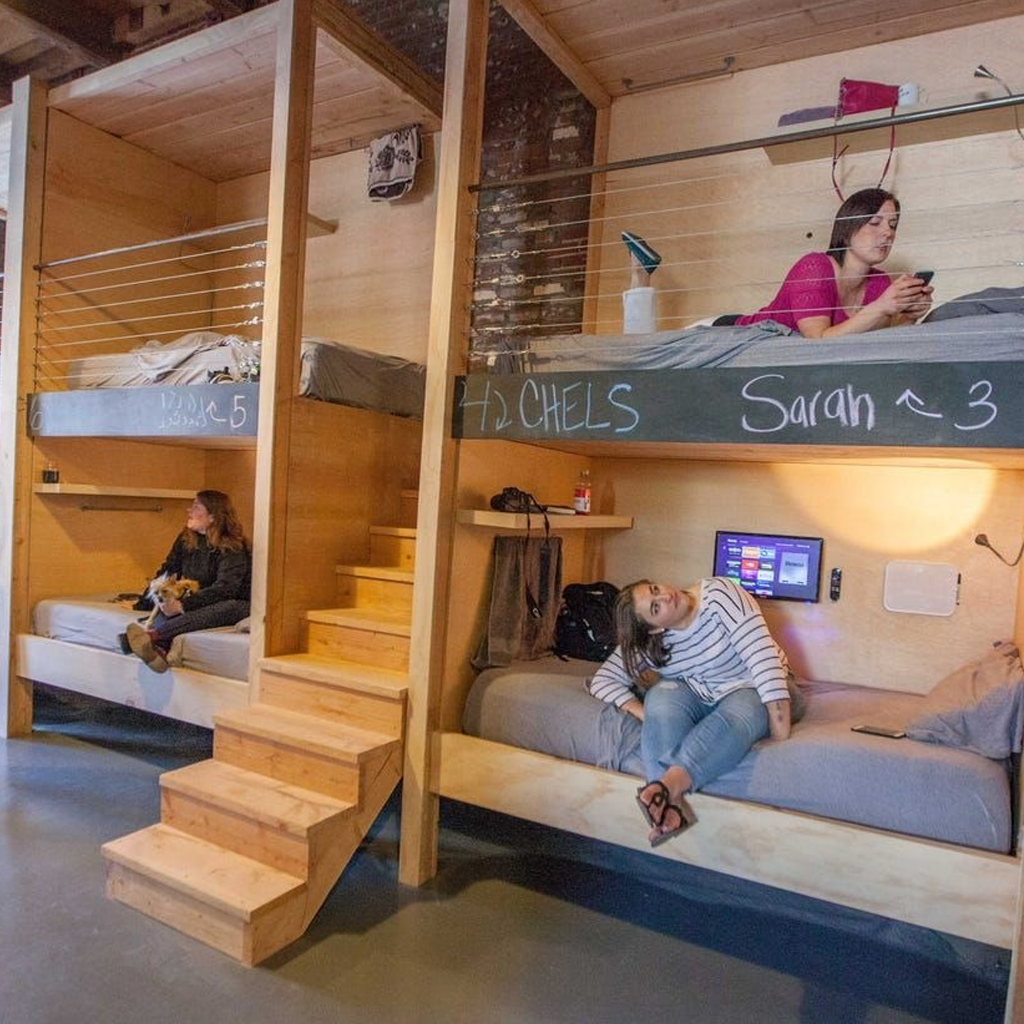
2. Start Your Search Early

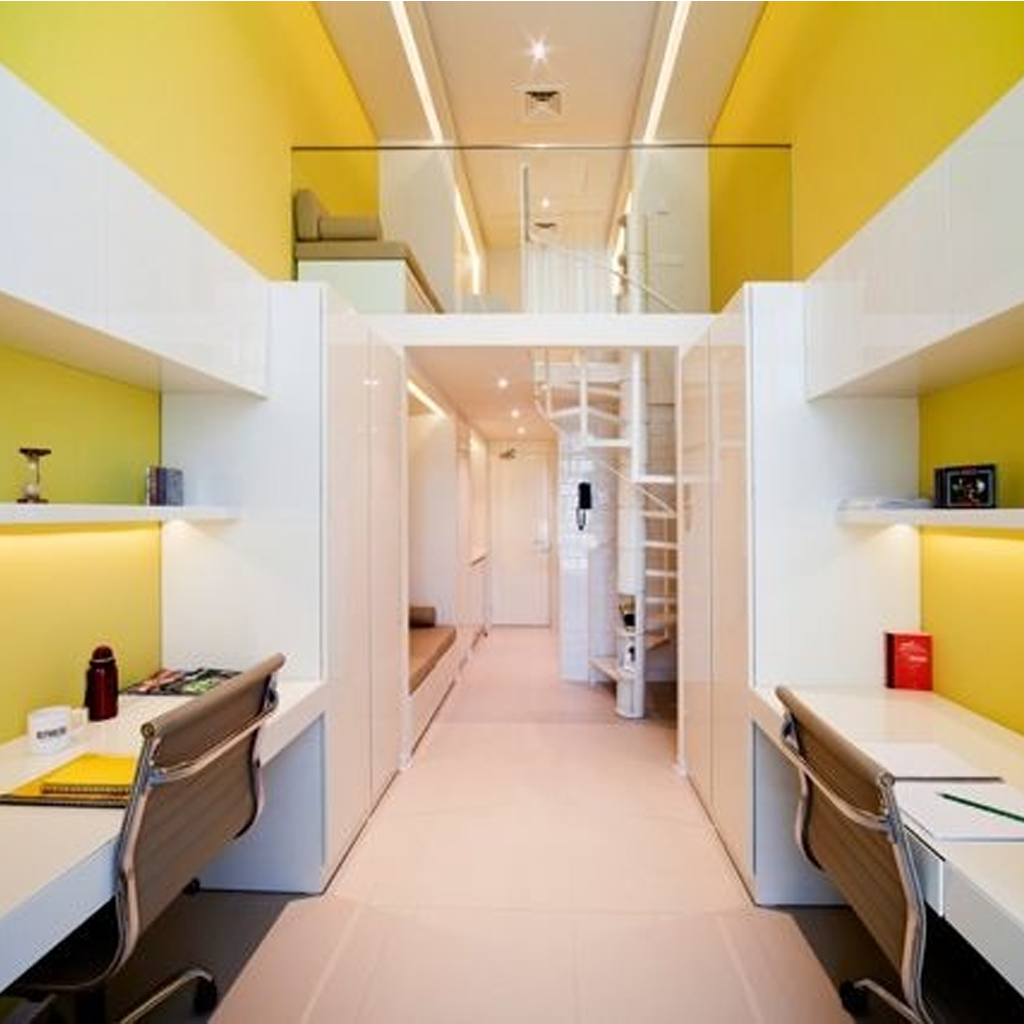
In high-demand study abroad destinations like Berlin, Melbourne, Helsinki, and New York, affordable student housing can be fully booked months before the semester begins. Starting early gives you more choices, better locations, and often lower rent.
Suggested Timeline:
5–6 months before departure – Begin researching neighborhoods near your university, average rental prices, and the types of accommodation available (dorms, shared flats, private rentals). Check your university’s official housing portal and connect with student groups to understand the local market.
3–4 months before departure – Actively browse listings on trusted student housing websites, reach out to landlords or agents, and submit applications early to secure popular properties. In competitive cities, demand can be 3–4 times higher than supply.
1–2 months before departure – Finalize your choice, thoroughly review the lease agreement, and confirm all terms in writing (rent, utilities, move-in dates). Pay your deposit via a secure method to lock in your accommodation.
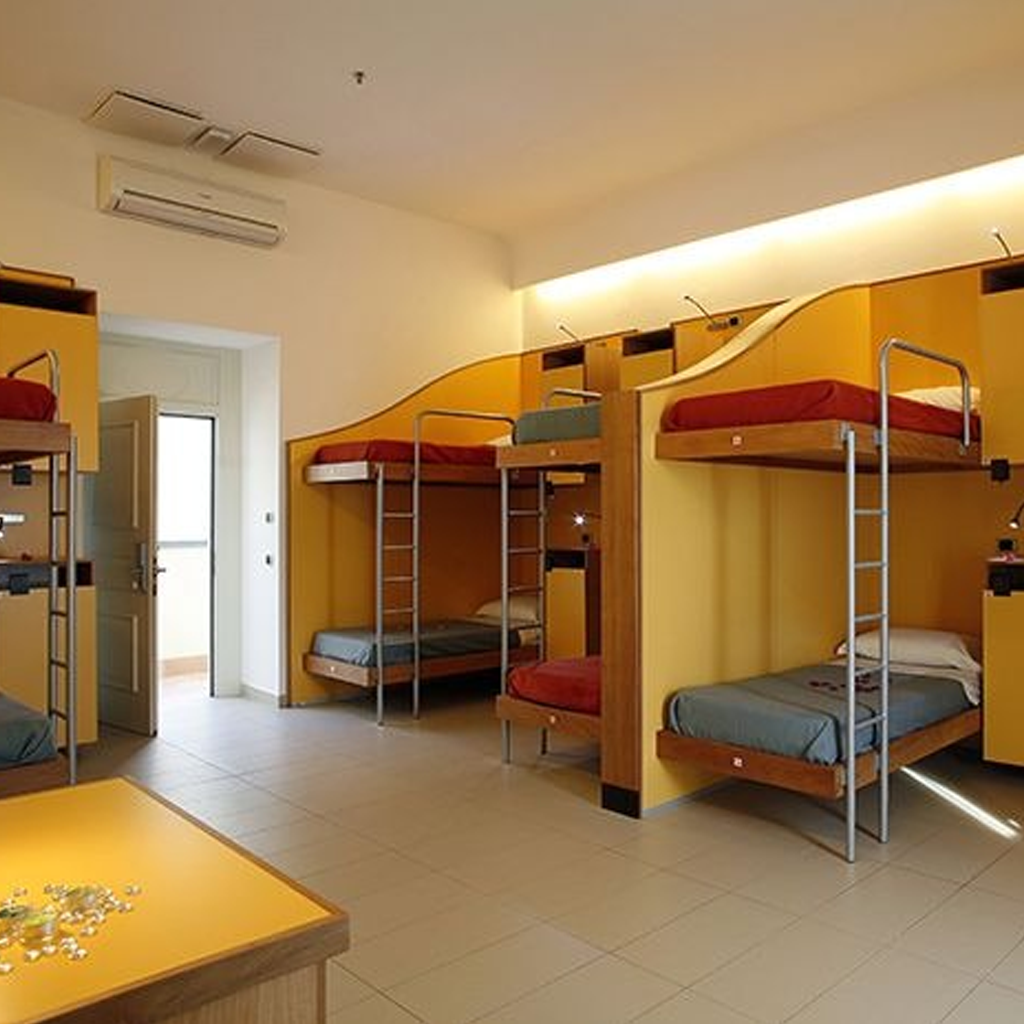

3. Create a Realistic Budget

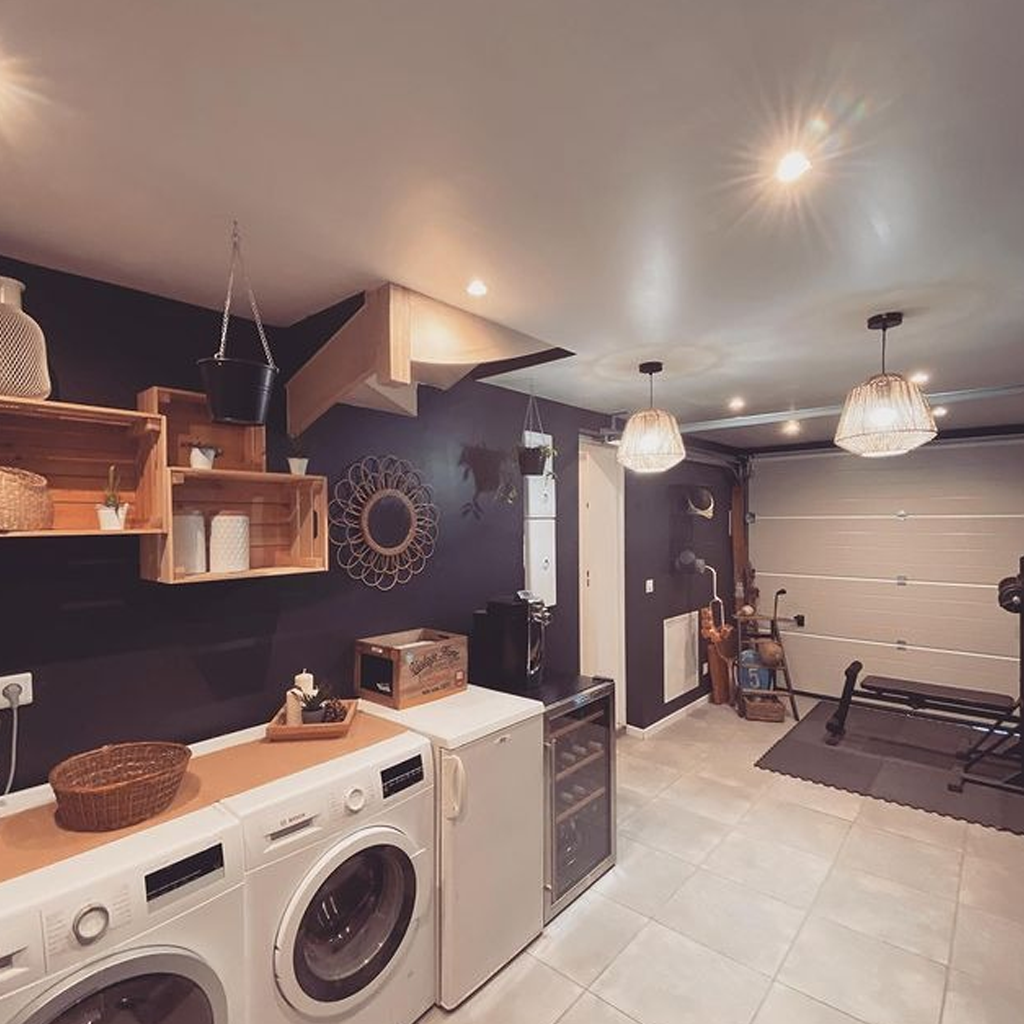
Your housing will be one of your biggest expenses abroad, so it’s important to plan your finances carefully. As a general rule, aim to spend 30–50% of your monthly budget on rent and living costs.
Key Costs to Include in Your Budget:
Rent – Usually paid monthly, but some student residences require term-based payments.
Utilities – Electricity, water, heating, gas, and internet (check if they’re included in rent).
Security Deposit – Typically 1–2 months’ rent, refundable if there’s no damage when you move out.
Public Transportation – Especially important if you live outside the city center. Look for student travel passes to save money.
Furnishing & Setup Costs – Beds, desks, cookware, or linens if your accommodation is unfurnished.
💡 Pro Tip: Use a budget calculator or spreadsheet to compare housing options side-by-side and see the full financial impact.


4. Use Trusted Housing Platforms
Avoid rental scams by searching on verified and reputable student accommodation websites:
HousingAnywhere – Great for students in Europe and major cities worldwide.
Uniplaces – Offers verified listings and exclusive student discounts.
Spotahome – Provides professional photos and video tours of apartments.
Student.com – Focused entirely on international student rentals.
Erasmusu – Popular among Erasmus and exchange students in Europe.
Also check if your university partners with local housing providers or runs its own dormitory system—these options are often safer and better regulated.


5. Choose Location Strategically
Your location affects both your daily routine and overall costs. Living next to campus may be convenient, but in most cities, central housing comes at a premium.
When choosing a neighborhood, consider:
Public Transport – How reliable and affordable is the commute?
Commute Time – Ideally under 30 minutes door-to-door.
Safety – Check crime rates and speak to current students about their experiences.
Local Amenities – Proximity to grocery stores, gyms, parks, cafés, and medical facilities.
💡 Example: In cities like Paris or London, living 15–20 minutes outside the city center can save you hundreds of euros per month while still keeping you connected via metro or train.


6. Network with Other Students
Other students can be your best insider source for housing leads.
Join Facebook groups for incoming students at your university.
Participate in WhatsApp or Telegram groups for international students.
Connect with alumni or second-year students—they often know landlords who prefer renting to students.
Many students find roommates, sublets, or better deals this way without even needing to use public listing sites.


7. Protect Yourself from Scams


Unfortunately, housing scams targeting international students are common in many countries. Red flags include:
No Property Viewing – Landlords refusing in-person or video tours.
Suspicious Payment Requests – Demands for payment via Western Union, cryptocurrency, or non-secure transfers.
Too-Good-To-Be-True Prices – Rent significantly below market rates.
No Written Lease – A legitimate landlord will always provide a contract.
Always verify the landlord or agency, check reviews, and use platforms with secure payment options to safeguard your money.
8. Consider Temporary Accommodation First
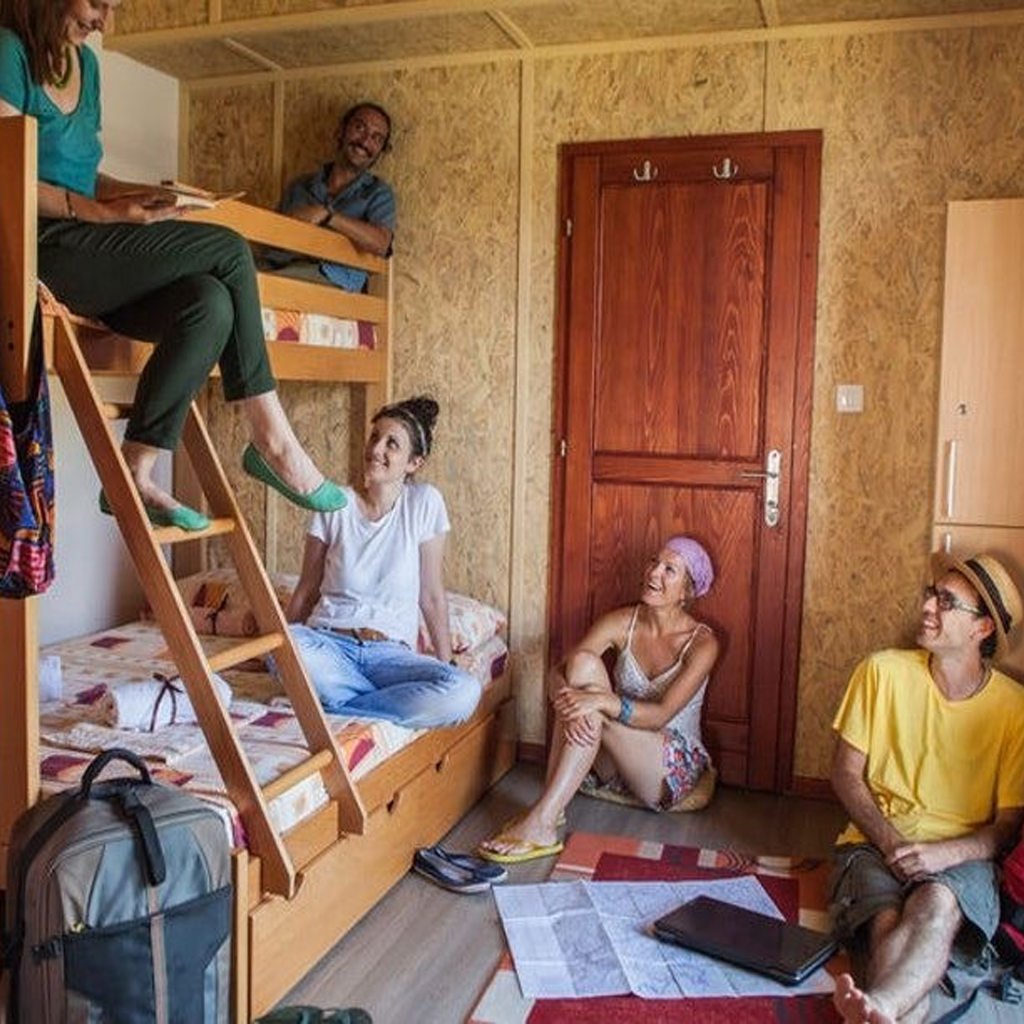

If you’re unsure about committing to a long-term lease before arrival, book short-term housing for the first few weeks. This gives you time to visit properties in person.
Short-term options:
University-arranged temporary housing
Hostels offering student rates
Airbnb monthly rentals (ask hosts for long-stay discounts)
Sublets from students on exchange or internships
9. Use University Housing Support Services


Many universities have a dedicated International Student Office or Accommodation Service offering:
Verified landlord lists
Lease review and contract advice
Mediation services if disputes arise
Emergency housing options if your original plans fail
These services are usually free for enrolled students—take full advantage of them.
10. Stay Flexible and Prioritize Essentials
In a competitive rental market, it’s rare to find a place that ticks every single box.
Focus on core priorities:
Affordability
Safety
Accessibility to campus
You can compromise on non-essential features like room size, décor, or luxury amenities—what matters most is a comfortable, safe, and budget-friendly place to live while you study.







